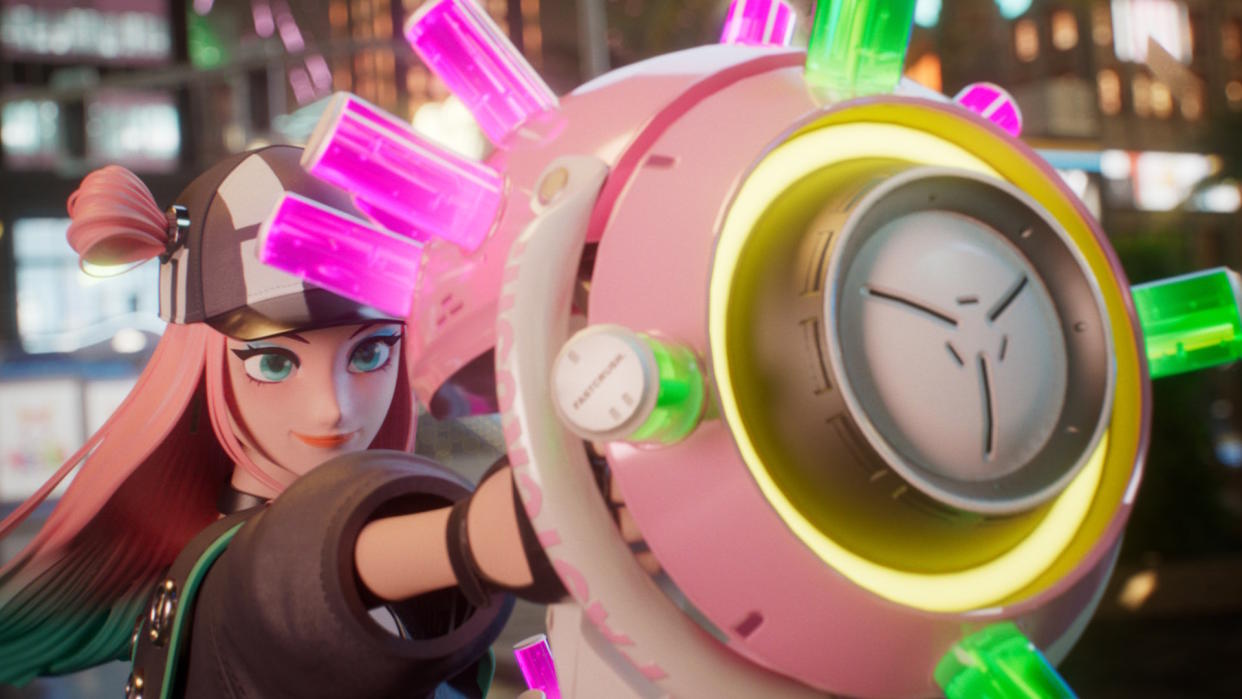Square Enix says more and more games either crash and burn or find big success "as players throng to a handful of major titles"

After a whole lot of highs and lows across its recent publishing catalog, Square Enix is acknowledging to investors that games make up a risky business without much of a middle ground between colossal hits and tremendous failures.
"As a result of digitization and other technological advances, consumer game content is increasingly sold via downloads rather than physical packages," Square Enix says in its latest earnings report. "Monetization methods such as free-to-play, microtransactions, and subscriptions have also given rise to a greater diversity of business models outside the confines of traditional one-off sales. As such, the consumer game market continues to grow. New releases tend to be met with either marked success or marked failure as players throng to a handful of major titles."
That stance is, admittedly, a pretty obvious one given how often we hear about the riskiness of AAA development, but we've spent the past several years watching Square Enix slowly catch on to some things that seem pretty obvious from an outside perspective. It wasn't that long ago that the publisher realized it needed to get better at marketing after it kicked a bunch of JRPGs out the door with near-zero hype. It's also not easy to look at the contrasts like the fast-selling Final Fantasy 16 and the "lackluster" sales of Forspoken without turning into an armchair financial analyst.
"Given the intense competition in both the consumer and smart device game markets," Square Enix says it needs to "not only to leverage existing intellectual properties but also to endeavor to create new intellectual properties and to recruit development resources if it is to continue to produce hits." That's not too far off from the publisher's recent comments that it needs to be less reliant on JRPGs like Final Fantasy and Dragon Quest, but it does help to explain the strategy that's fostered left-field projects like Foamstars.
Square Enix wants to be known for more than some of the best RPGs ever made.

